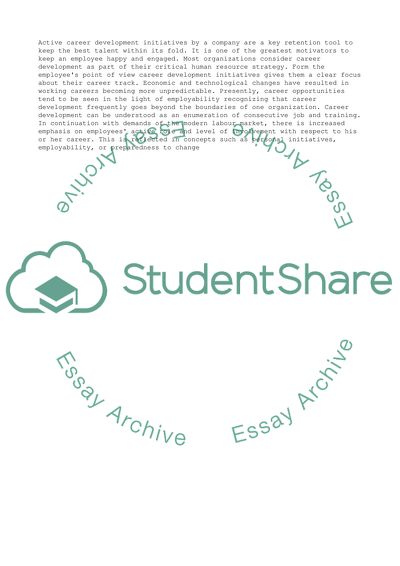Cite this document
(“Career Development Essay Example | Topics and Well Written Essays - 1750 words”, n.d.)
Retrieved from https://studentshare.org/management/1539185-career-development
Retrieved from https://studentshare.org/management/1539185-career-development
(Career Development Essay Example | Topics and Well Written Essays - 1750 Words)
https://studentshare.org/management/1539185-career-development.
https://studentshare.org/management/1539185-career-development.
“Career Development Essay Example | Topics and Well Written Essays - 1750 Words”, n.d. https://studentshare.org/management/1539185-career-development.


